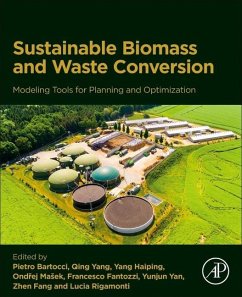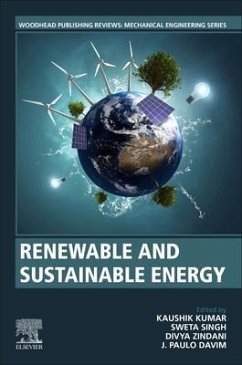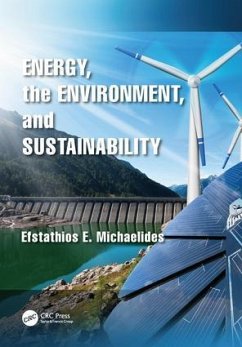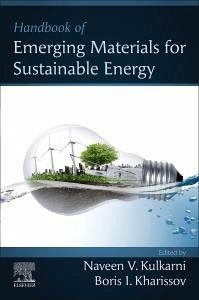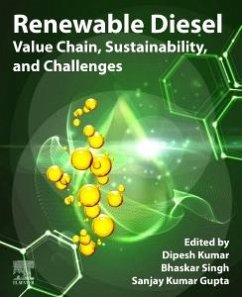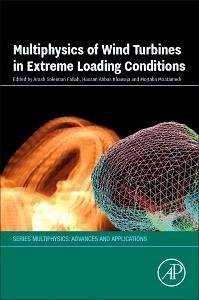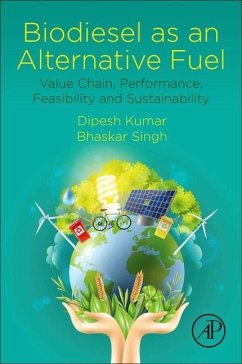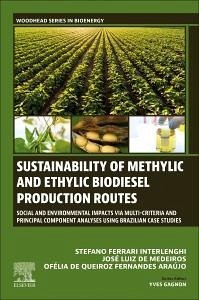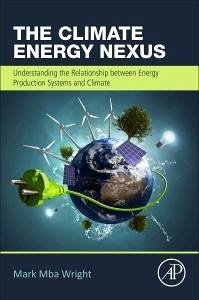
The Climate Energy Nexus
Understanding the Relationship Between Energy Production Systems and Climate Trends

PAYBACK Punkte
88 °P sammeln!
The Climate Energy Nexus: Understanding the Relationship between Energy Production Systems and Climate Trends offers fundamental material on energy and climate systems, progressing to establishing advanced and integrated energy-climate models. Describing the motivation and key challenges in the climate-energy modeling community, this reference looks at the fundamentals of climate and energy systems before integrating them into a cohesive analysis framework. The book presents various energy production optimization case studies spanning urban and national scales, annual to multi-decade long time...
The Climate Energy Nexus: Understanding the Relationship between Energy Production Systems and Climate Trends offers fundamental material on energy and climate systems, progressing to establishing advanced and integrated energy-climate models. Describing the motivation and key challenges in the climate-energy modeling community, this reference looks at the fundamentals of climate and energy systems before integrating them into a cohesive analysis framework. The book presents various energy production optimization case studies spanning urban and national scales, annual to multi-decade long timescales, and various economic and environmental considerations Practitioners and students interested in climate and energy systems will gain a foundational platform from which to develop informed assessments of future energy use. As making informed energy planning decisions requires a better understanding of how climate trends, extreme events, and public policy could impact energy production performance, cost, and emissions, this book is an ideal resource for readers.




